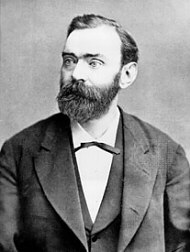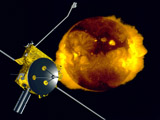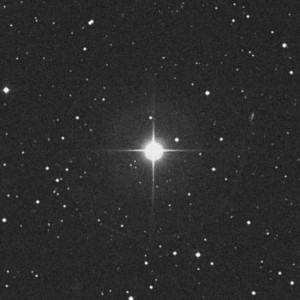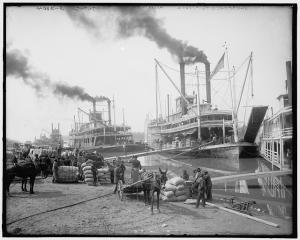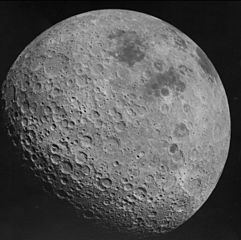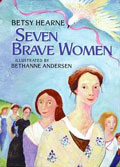
Seven Brave Women
Betsy Hearne (born Wilsonville, Alabama, 1942) is an instructor, poet, and author. She writes for both adults and children. She received the 1998 Jane Addams Award for Seven Brave Women.
Thor Heyerdahl (born Larvik, Norway, 1914; died Colla Micheri, Italy, April 18, 2002) was an ethnologist and an adventurer. He built and sailed the Kon-Tiki. He and five others sailed from Peru to eastern Polynesia on the balsa raft to prove that natives of South America could have settled the islands.
Susan Meddaugh (Montclair, New, Jersey, 1944) writes and illustrates books for children. She created the popular Martha Speaks series and Lulu’s Hat.
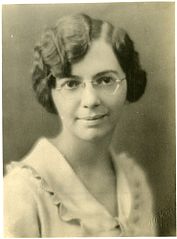
Florence Seibert
Florence Seibert (born Easton, Pennsylvania, 1897; died St. Petersburg, Florida, August 23, 1991) was a doctor and biochemist. She isolated a form of tuberculin that could be used in TB tests. Idea: The school nurse could talk to the class about the importance of the tuberculosis test. Children could learn more at: Florence Seibert.
Elizabeth Gray Vining (born Philadelphia, Pennsylvania, 1902; died Kennett Square, Pennsylvania, November 27, 1999) was a children’s author, writing 60 books. Using the pseudonym of Elizabeth Gray, she wrote Adam of the Road, which received the 1943 Newbery Medal. Children can learn more at: Elizabeth Gray Vining.
George Westinghouse (born Central Bridge, New York, 1846; died New York, New York, March 12, 1914) was an inventor. He held over 400 patents, and he created Westinghouse Electric Company. At one time his company employed about fifty thousand people.
